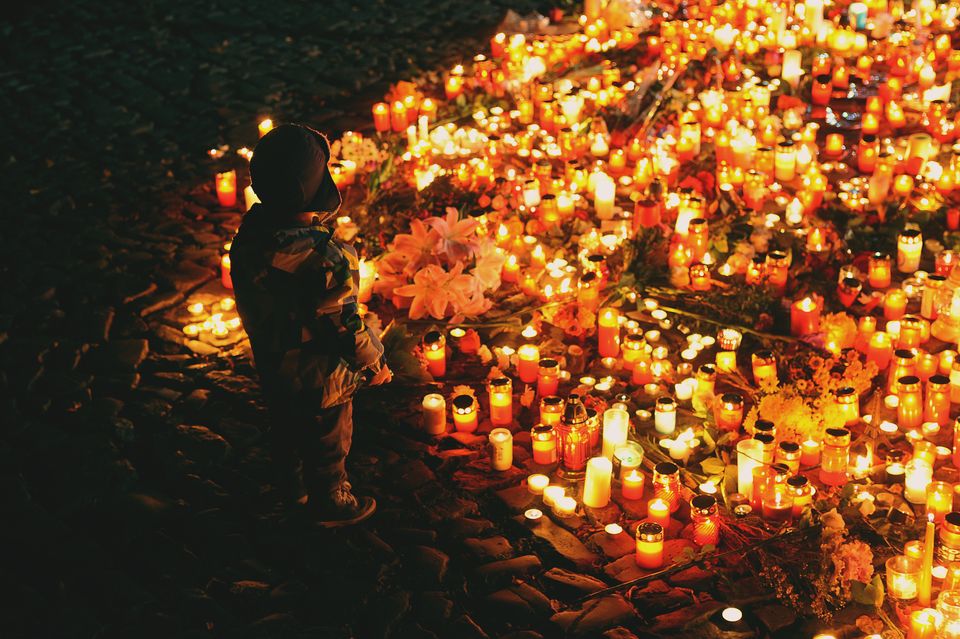
Paris, Beirut, and the Inconsistent Definition of Civilian
In the wake of the tragedies in Paris and Beirut, public debate has been mounting on the proper response to the brutality of the Islamic State of Iraq and the Levant (ISIL), refugee policy and quotas, and the treatment of Muslims in Western countries. On social media, many criticized Facebook, the media, and other users for giving more attention to the senseless deaths in Paris while largely ignoring similar events in Beirut. Syrians also took to social media to express their sympathy and outrage, but like those in Europe and North America, their reactions to the attacks in Paris and Beirut differed, in an even more alarming way.
Although many Syrians denounced both attacks equally, many others, including some activists, cheered the deaths in Beirut’s Shia suburb, Dahiyeh, a Hezbollah stronghold. They argued that Hezbollah, an Assad government ally, has been responsible for the death and suffering of innocent Syrians. Accordingly, the death and suffering of innocent people living in a Hezbollah-dominant neighborhood was just retribution. Two days later, the same individuals expressed their condolences for the deaths in Paris, decrying terrorism and the targeting of civilians. The definition of “civilian” seems to have changed over night.
The hypocrisy of these statements is not new. Only weeks earlier, Jeish al-Islam, one of the groups that issued a moving statement condemning the Paris attacks on civilians, was documented parading prisoners and civilians, including women, through the streets in cages in order to deter airstrikes by the Syrian government. The use of civilians as human shields endangers their lives and is a clear violation of international law. In a similar vein, prior to the Beirut bombing, Hezbollah supporters celebrated and distributed baklawa in the streets when Homs fell to the Syrian government in 2014, resulting in many civilian deaths.
As these and other examples demonstrate, there is a growing view that, when civilians support the enemy, they lose their civilian status and can be justly targeted and killed. This view is blatantly false. International humanitarian law strictly prohibits attacks on civilians, defined as persons who are not members of the armed forces or other organized armed groups. This protection is only forfeited in cases where a civilian takes a direct part in hostilities. Taking a direct part in hostilities is commonly understood to include “acts of violence which pose an immediate threat of actual harm to the adverse party.” Simply living in an opposition stronghold or showing support for an adverse party’s position or military effort does not rise to this level.
In the absence of real justice mechanisms that hold perpetrators to account for their crimes against civilians, empathy for the suffering of others has eroded and revenge attacks have become more common. Certain rebel groups, including factions of the Free Syrian Army and Jabhat Al Nusra, are perpetrating horrific acts of their own, including secret detention and torture practices, very much modeled off of Syrian government procedures. Furthering the cycle of impunity, increased sectarianism has led to a greater willingness among Syrians to overlook such abuses when perpetrated by members of their own sect — favoring justice in any form, even at the cost of human dignity. Such a shift does not bode well for future transitional justice initiatives. Both Syria and the international community should prioritize accountability for attacks on civilians in order to combat impunity and ensure justice for all victims.
For more information and to provide feedback, please email SJAC at [email protected].